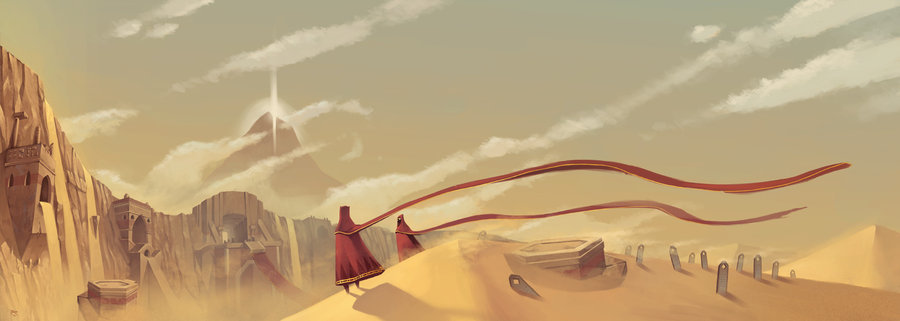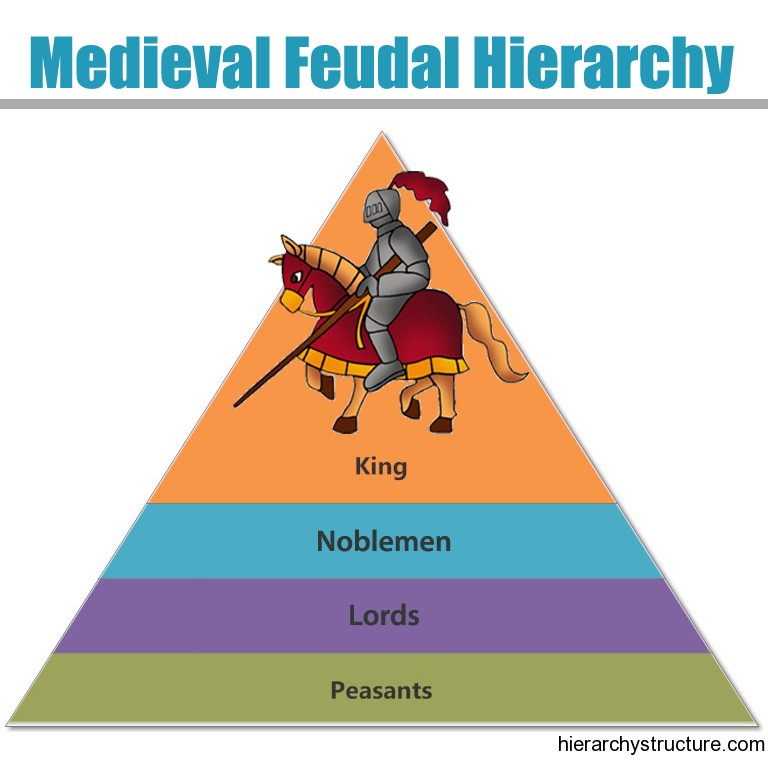With the launch of the Xbox One imminent and the PS4 already out (albeit
without any games to play), it seems as good a time as any to hold one last candlelight vigil in memory of the systems that came before these two new kids on the block. Nintendo's consoles have long since strayed off the typical beaten path that Sony and Microsoft are still rather fond of, and as such they've also fallen very quickly out of the race in the so-called "Console Wars". For those of you unfamiliar, the console wars were at their most prominent during the release of the PS2 and Xbox, where fans of both systems were so fervently devoted to their console of choice they would engage in long, drawn-out flame wars over internet forums that lasted longer than a university English class discussion about Shakespeare's strengths and weaknesses (for those inexperienced with the English thing, imagine a war being fought with only really flimsy sticks and neither side being quite sure what they're fighting for).
The battle lines, at least, were quite clearly drawn.
The next generation of consoles after the heated war were the PS3 and the Xbox 360, and all the young teenagers willing to spend hours typing angrily at each other had grown up into older teenagers that were really beginning to question whether their intense passion for games was going to translate into an appealing personality trait for whoever they had a crush on. There was very little time among all that soul-searching to decide that another human being was inherently flawed based on their console choice, and so the war had become more of a schoolyard rivalry between two kids that were pretty evenly matched.
Despite the dwindling in intensity, it was still clearly a race between these two companies for best system. Looking back on it now, it's very difficult to tell which one won "overall", but there were usually clear winners each year based on sales and different game launches. Instead of trying to decide which console was the clear favourite in the last generation, I've decided to focus on some of my favourite memories of the past generation in terms of games and historic moments. So here's my brief list:
1. Somewhere Along The Way, Video Games Became Art
I can't pinpoint exactly when this happened, mind you, but at some point in the last generation of games developers and reviewers alike both accepted the fact that video games could, in fact, be works of art. Studios went out of their way to create beautiful character design and art direction:
From the game "Journey" on PS3.
But more than that, reviewers and fans were more willing to think of video game qualities in terms more familiar with the worlds of painting or literature. Story, aesthetics, atmosphere; these all became buzzwords at one point or another and some games that would have scored 4s or 5s out of 10 only five years ago were suddenly being praised as pseudo-cinematic masterpieces, movies that encouraged viewer interaction throughout. If I remember nothing else about this generation, I will remember that it forever changed the seriousness and depth with which people were willing to view video games.
2. "The Last Of Us" Captures Everything Great About The Generation In One Game
Naughty Dog was already well-reputed as a studio that was able to combine a stellar narrative with solid gameplay and good graphics before they even considered making The Last Of Us. In fact, a lot of people criticized them for choosing to make this game during development, as it meant postponing a fourth installment in their popular "Uncharted" series. By the time the game was released, however, nobody was blaming Naughty Dog for anything but the amount of time the studio caused everyone to allot themselves to play "The Last Of Us" as quickly as possible. The narrative was incredible, following the questionable but likeable relationship between a man and a girl around the same age as the daughter he lost in the zombie apocalypse. It even completely revamped the tired zombie rhetoric by making it a kind of fungal disease that largely kept the rest of the world intact and allowed for some breath-taking imagery of cities over-run with plant and animal life. The graphics pushed the processing power of the PS3 to the limit, and looked as real as any game has ever managed to achieve. And the gameplay...the game contained some puzzles, some gunfights, and a lot of stealth, combining nuanced and fun controls with a realistic approach to the characters skill-sets. Joel, the protagonist, must improve his weapons control over the course of the game, beginning with only a civillian's understanding of guns. Ellie, the other protagonist and Joel's child ward, can't swim, and Joel has to come up with various ways to get her across bodies of water that would otherwise be no problem. If you haven't played this game yet, you owe it to yourself to give it a shot. This is gaming at its finest, and although it's not without its flaws, "The Last Of Us" is one of the greatest games ever made in the PS3 and Xbox 360 generation.

The apocalypse has never looked this pretty.
3. Final Fantasy Finally Hits The Next-Gen
File this one under the hype being better than the actual product. As a dedicated fan to Final Fantasy, I was as excited as everyone else who loved the series when it was announced that Final Fantasy XIII was going to be hitting next-gen consoles in late 2011. I had it on my Christmas Wishlist and my parents, grateful that twenty year old me was much more considerate about their finances, had no problem delivering on Christmas Day. I had read reviews that had renounced the game as a failed entry into the storied and highly-respected franchise, but I didn't believe it until I played it for myself. I gave the game the benefit of the doubt for ten hours of gameplay before I finally decided it just wasn't meant to be. Despite the disappointment of the actual product in terms of gameplay, I still remember the excitement building over the entire month of December and the many hours spent scouring the internet for more pictures or videos of gameplay footage. Despite being an immensely flawed game, Final Fantasy XIII and the child-like excitement it gave me will still be a fond memory looking back. Maybe I'll even finish the game eventually, although that might be a test of my patience.

How can anything that looks this good be so bad...
That's my brief list of console memories for the Xbox 360 and PS3. I could've gone more in-depth, but these are the first three that immediately stuck out to me, and I wanted to capture those first. Do you have any memories about the PS3 or Xbox 360 that you'll never forget? Share them! Don't hesitate to comment below.












